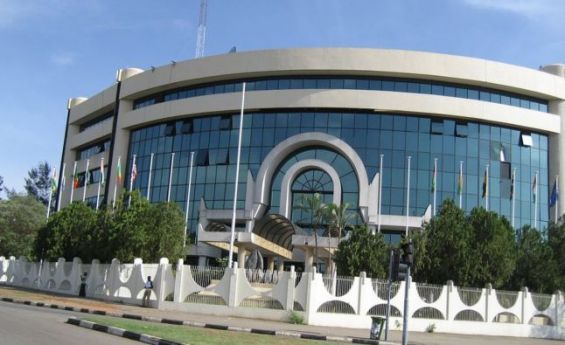Almost four weeks after joining the African Union, Morocco submitted its bid to be a member of ECOWAS on the 24th of February 2017. Marcel de Souza, president of the ECOWAS Commission until the 1st of March 2018, was the first head of state to give his opinion on Morocco's application. Two weeks after the official announcement of the Moroccan request, the Beninese president responded by pointing out at some «problems». «There is a risk of setting a precedent since Chad had made the same steps,» he pleaded against the accession of Morocco.
The impact study was ready since October
On the 4th of June, in Monrovia, member states had «agreed in principle on Morocco’s bid to join ECOWAS, referring to the strong and multidimensional cooperation links» and ordered the Commission to examine the impacts that this membership might have on the organization all while reviewing the rules established in the ECOWAS Revised Treaty and submitting the results by its next session. They also invited King Mohammed VI to attend the December 16th summit, initially scheduled in Lome, Togo, before being transferred to Abuja, Nigeria.
In October, the requested study was elaborated, in accordance with the deadline previously set up. This suggests that the member-states have had enough time to review it.
However, this did not prevent the Moroccan Minister of Foreign Affairs and Cooperation from declaring to Middle East Online that «the ECOWAS delegation has carried out a study on the impact of Morocco's admission to ECOWAS. But it was not ready until December the 9th. Member-states have not had time to examine it. That's why King Mohammed VI is not attending the summit». A statement that hides the pressure put on ECOWAS countries by the local public opinion, political rivals, and business leaders who voiced their worries regarding the admission of Morocco in the regional grouping.
A Moroccan think-tank calls for overcoming pitfalls
Finally, in Abuja the organization entrusted a group of presidents with the task of «investigate the in-depth study on teh impacts this membership might bring». The document sets no deadline for the publication of the final verdict of this committee.
«These concerns are legitimate and serious enough to be considered and takenseriously by Morocco,» writes Brahim Fassi Fihri, the founding president of the Amadeus think-tank in an editorial. He further explained that «worries would accompany and will always be associated to such decisions. This is normal especially when we are talking about a globalized regional and international economy».
The son of the King's adviser calls for overcoming the obstacles by collaborating and working together. «We should explain that this accession is supposed to be gradual, through protective measures and a transitional period, chapter by chapter (once they are agreed on and defined by the ECOWAS Commission), taking into account the specificities and interests of both parties, as part of a win-win vision, as advocated and carried by the Sovereign».




 chargement...
chargement...












